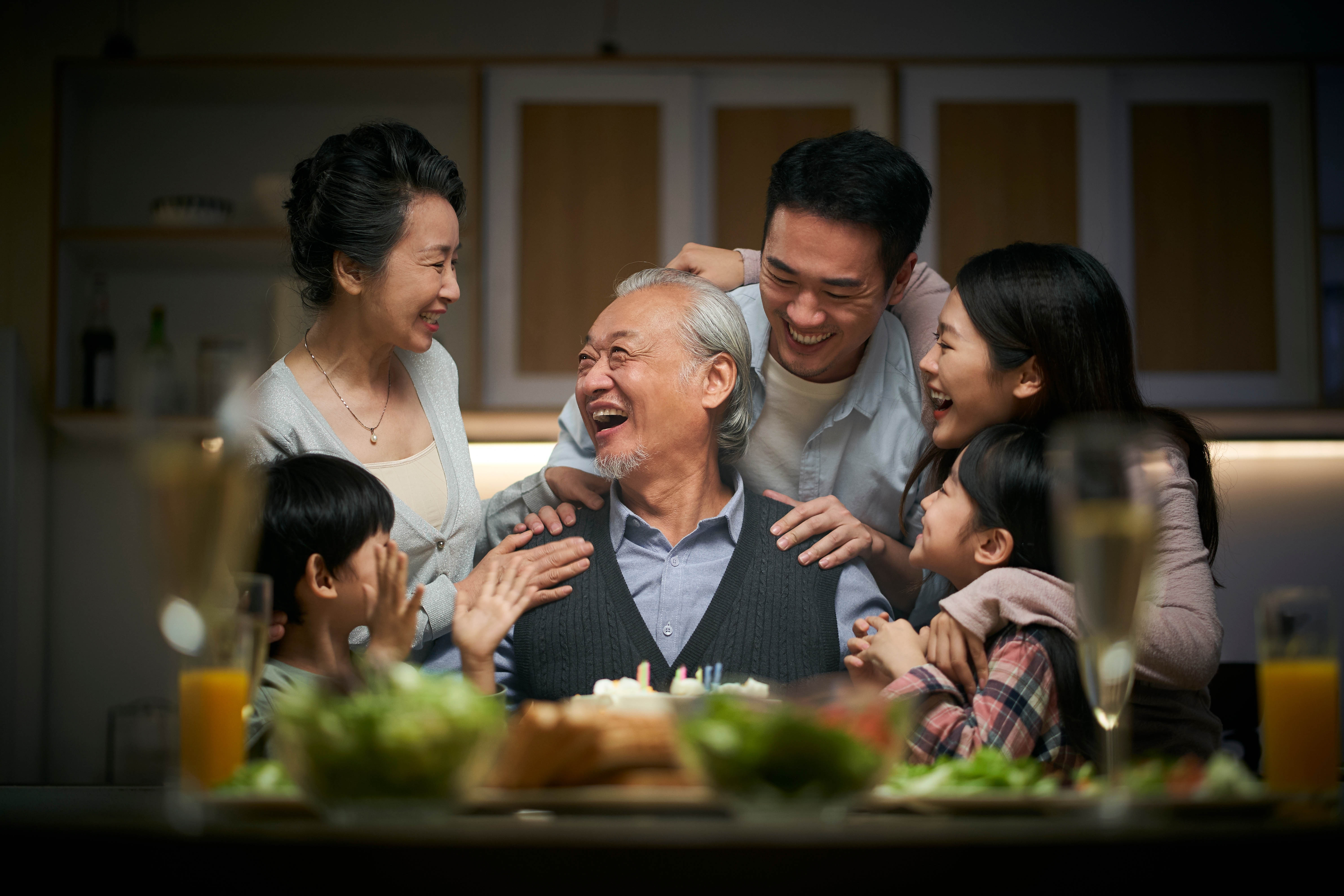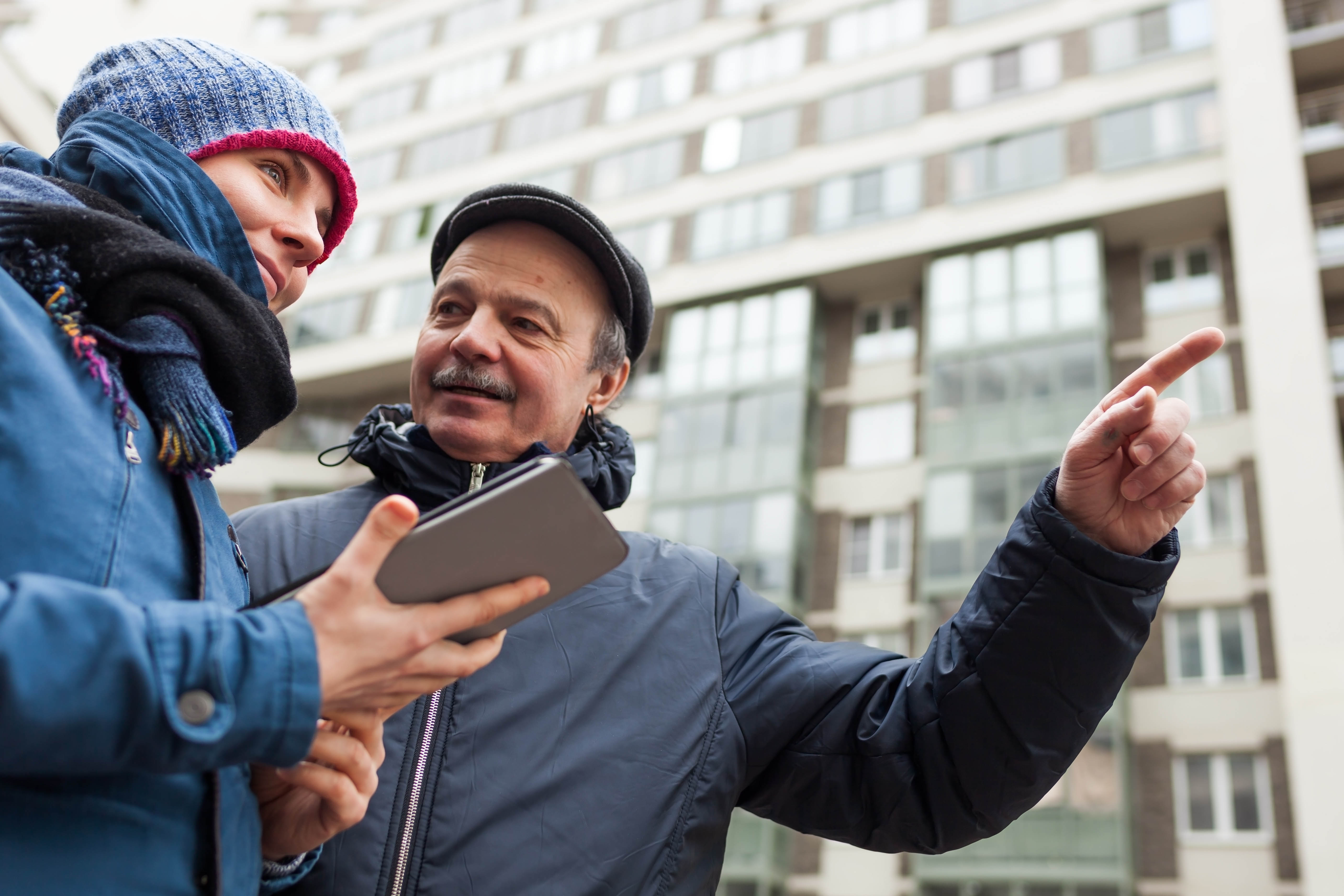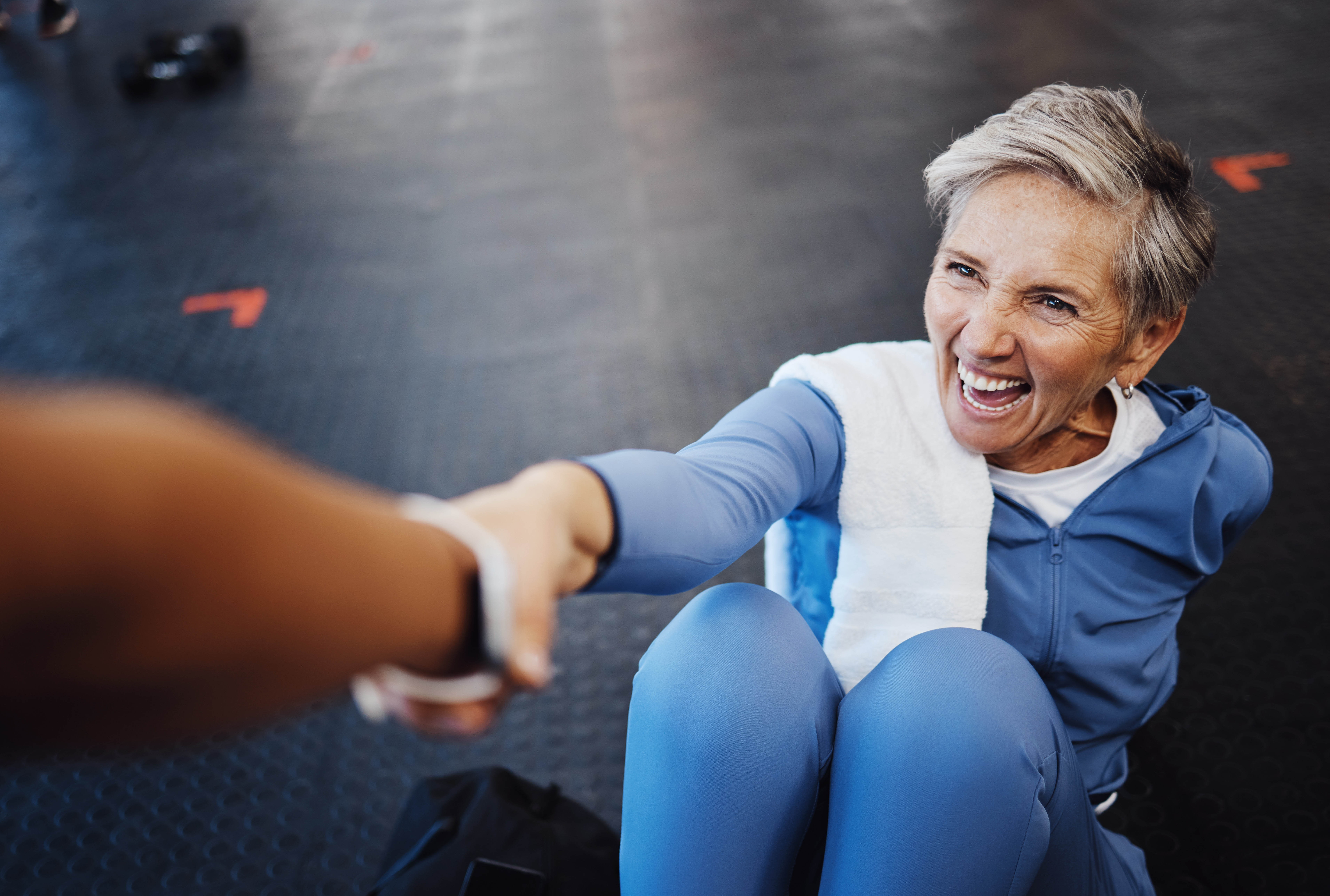Make a Difference: Connect
Living Well

Written by: Meg Sharp, Fitness & Wellbeing Consultant, Cambridge Group of Clubs
Toronto’s 19th Annual Vital Signs Report recently published some tough numbers:
- Over 50% of adults feel depressed at least one day a week
- Torontonians are among the loneliest in Canada: 37% or over 925,000 people feel lonely at least 3 days a week
- Over 50% worry about themselves or a family member having a stable full-time job
- 22% are eating less than they should be due to lack of funds or food
When we are uncertain about basic needs such as food, our family, our employment, it is extremely difficult for us to function effectively.
In order for us to thrive as individuals and therefore as a society, there are needs that must be met. When we can count on food for ourselves and our loved ones we free up other resources. Ones that can help others and encourage effective communities … When we are secure in our jobs, we create and develop projects and innovation that can ultimately make Toronto and Canada a better place to work and live. When we know we have a roof over our heads we can fill our home with more laughter and hope.

When we feel connected to others – we don’t feel lonely. On a personal level, this decreases our risk of alcohol and drug use. Being socially connected improves executive function, creativity, and memory. Keeps stress levels at bay and lessens our risk of stroke and cardiovascular disease.
People who are lonely may have trouble trusting others. They may be more vulnerable to poor decision-making, self-harming, and antisocial behaviour. Being lonely can be emotionally painful and at times is associated with increased risk of illness. Typically, loneliness isn't a state a person chooses.
There are 2.79M people currently residing in Toronto. Many of whom consider Toronto their home. If it is our home, then by extension aren’t the people around us family of a sort?

There is much in this world we may not be armed to help. Surely, we can tackle this challenge of people feeling lonely?
Did you know, feeling lonely is contagious?
So are optimism, hope, and kindness.
Enthusiasm and joy – being exhibited by a perfect stranger – can be passed to onlookers. Being part of a community was integral to the survival of our ancestors. As such, when we feel we are part of a group we feel secure, grounded. It promotes positive mental health, physical health, and gives life more meaning.

Here are some simple, incredibly effective things you can do to increase connectivity:
- In relationships where it is appropriate: touch. Placing your hand on someone’s shoulder or their hand can release oxytocin – the “bonding hormone” – consequently increasing serotonin and dopamine – the “feel good hormones”. Touch reduces cortisol, lowers blood pressure, heart rate, boosts immune system, and lessens depression and anxiety.

- Use people’s names. It strengthens the bond between you and makes the person feel valued and respected.
- Make eye contact and smile. We tend to rate strangers as more similar to us after we’ve made eye contact. our smile – which travels into your eyes – is contagious in itself and will make the recipient feel reassured, at ease, and – yep – connected!
- Ask someone for help. Yes – meant to write that. Of course, helping someone is fabulous too. But don’t underestimate how useful, resourceful, and vital someone might feel when you let them know you would be really grateful for their help.
- Say good morning on the elevator, train, and on the street.
- Let someone in front of you in line or in traffic. Give up your seat on the bus or train.
- Hold the door. If the person thanks you, reply “my pleasure”.

- Listen when someone is talking. Face them and offer your full attention. Ask them questions. Celebrate their wins.
- Give an authentic compliment to a stranger.
- Write a personal note of thank you to your server to accompany your generous tip!
- Introduce people to each other sharing something they may have in common.
- Forgive someone. Begin with yourself.
4047